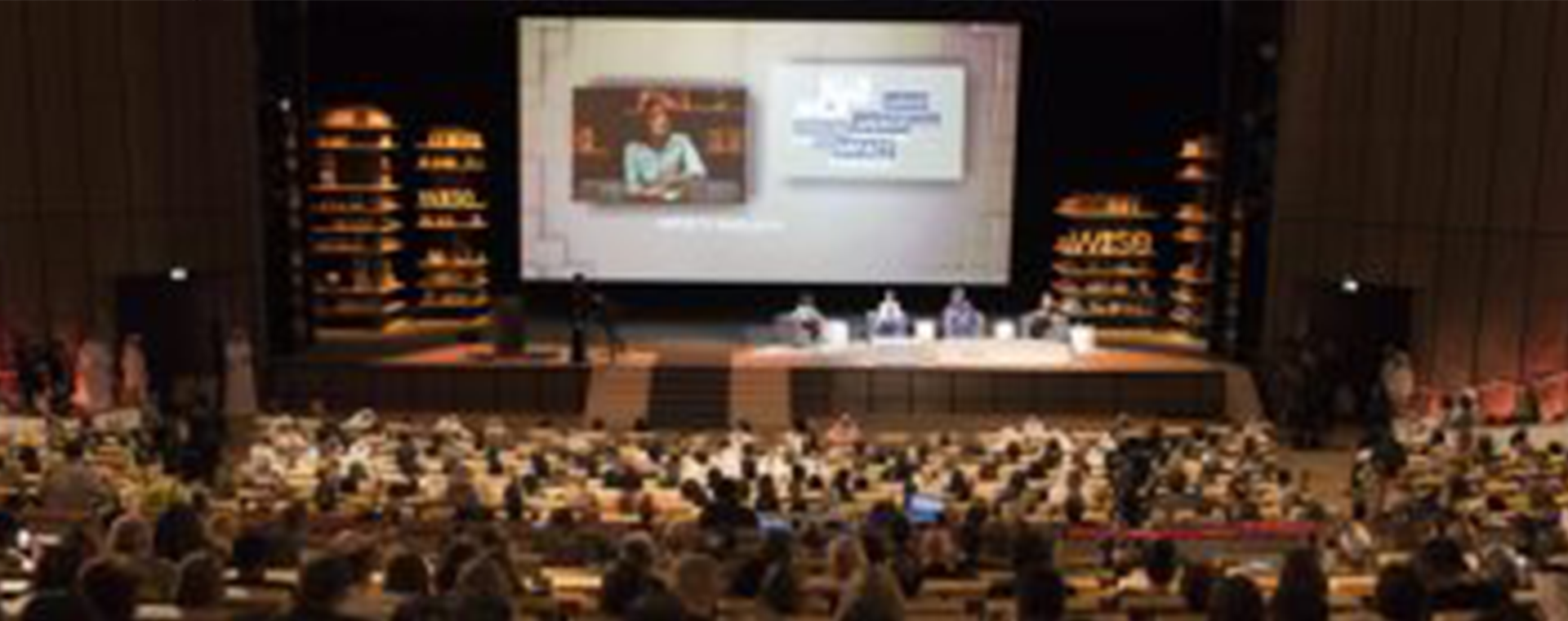
EVEN THE MOST TRADITIONAL among us understand that the world is changing rapidly. Today, our most important educational question is “How do we adapt our children’s education to these exponential and ongoing changes?”
Many already realize that the education we give our young people no longer prepares them to thrive in the future. But although reformers are adding “21st century skills,” new technologies, social/emotional skills and more, the core of our “education” remains the same: teaching traditional mathematics, language, science and social studies, and the various thinking skills around them. With the changing capabilities of our children, it is urgent that we re-imagine this “thinking-only” “academic” education for the future.
An Outdated Educational Perspective
Most understand that thinking—even critical thinking and problem solving—rarely leads to success unless combined with effective action, effective relationships and effective accomplishment. In the past, when our children couldn’t accomplish much in the world until they were adults (except in exploitative ways), learning to think in school, and later to accomplish at work, made sense. But our young people are now empowered to accomplish in very useful ways at far younger ages, allowing us to recombine thinking and accomplishing into a new kind of education—one with direct, hands-on connection to the world and its problems. Our children, from the very start of their education, can now be improving their world (and themselves in the process) via a new approach that far better suits them and the needs of our future society.
It is the concept of what an “education” is—and not its details—that truly requires re-imagining for the future. All today’s adults grew up in the pre-Internet 20th century; many do not yet fully see what their children are fast becoming, i.e. “humans with enhanced brains, all networked together.” The education that met the requirements of 20th century students—and produced success for many of today’s adults—is NOT the education that meets the needs of kids in the 21st century. It is difficult, bound as we are by tradition, to fully imagine the very different paradigm that our young people now need. But if we continue to view future education as only incrementally augmenting our outmoded academic approach, and if we do not offer our children the real-world accomplishment-based education they require, we will hold back our children’s development tremendously, and seriously limit their future possibilities compared to what we could be doing.
The Emerging Paradigm
The good news is that the kind of education our children need is already emerging. A new form of education—designed to teach young people to improve their personal, local, national and global world and improve humanity—is appearing in many places, with profound differences in both THE ENDS OF EDUCATION and the PARADIGM WE USE TO EDUCATE. In the long run, it will almost certainly replace the education we currently have, because it far better suits the requirements of our society and our children.
THE ENDS OF EDUCATION are changing from:
Improving our children as individual thinkers, so that they can (hopefully) improve their world when they become adults,
TO
Having our children improve their world and improve humanity WHILE THEY ARE STUDENTS, and teaching them to do it better and better—and improve themselves in the process.
THE PARADIGM FOR HOW WE EDUCATE is changing from:
Having all children take a similar sequence of academic courses and classes in a narrow range of subjects
TO
Having each child accomplish, as the foundation, essence, and bulk of his or her formal education, an individualized series of team-based real-world projects that make their world a better place in some way—while acquiring, through those projects, a broad skillset of effective thinking, action, relationships and accomplishment.
The best news is that this new kind of education—one directly oriented towards bettering the young people’s and our world—is an education that almost all kids want. They know that society is quickly changing. They know their success in the 21st century will come NOT because they can succeed and think in academic subjects (although those will still be useful, at times, for some), but because they can work, in teams, to get things done that improve their local, national and global world.
The countries in the world that realize this, and take quick and appropriate action, will be the places where children prosper and flourish in the future. The places that move slowly and reluctantly—or don’t move at all—doom their young people to lives of ill-prepared floundering as those young people search for footing in a new, much more accomplishment-demanding world.


